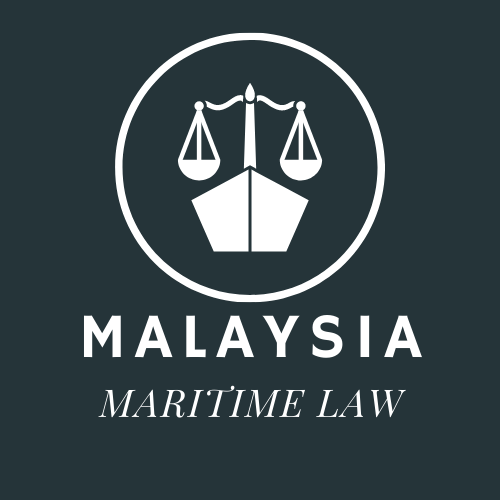Express warranties 1. Definition Of Warranties Two different types of warranties should be distinguished: a) Promissory warranties, the breach of which will discharge the insurer from liability. b) Descriptive or suspensive warranties, the breach of which will merely suspend the insurance cover while the assured remains in breach. i) Promissory Warranties Section 33(1) MIA defines...
Author: Tan Pui Yen
Attachment, Duration and Termination of The Insured Risk
Attachment, Duration And Termination Of The Insured Risk 1. Policy Period, Time Policy And Voyage Policy The same considerations within section 25 MIA. These considerations can be found in Parts 7 and 8 of this Mini Series. 2. Cargo Policies And The Institute Clauses Cargo is invariably insured under voyage policies given that the very...
Premium
Premium 1. Introduction The premium is the monetary consideration paid by the assured in return for the insurer’s promise of indemnity in respect of losses covered by the policy. In the ordinary course of marine insurance business, the premium is paid by the assured to the broker; the broker pays the premium to the insurer...
The Assured’s Agent : Rights, Duites and Liabilities
The Assured’s Agent : Rights, Duites And Liabilities 1. Authority Of Insurance Agents Insurance agents are usually employed to effect an insurance and also to take an administrative role in the coverage of the policy taken to insure against perils of the sea. An agent may be granted actual authority which arises in consequence of...
Legal Status of the Deep Seabed and Its Resources
Legal status of the deep seabed and its resources 1. Evolution of the legal regime concerning the deep seabed and its resources Although it was known towards the end of the nineteenth century that the deep seabed could potentially be very rich in resources, this area came to prominence within the law of the sea...
Principle of the Freedoms of the High Seas
Principle of the freedoms of the high seas 1. Evolution of the principle of the freedoms of the seas The desire to control the seas in order to control navigation and exploit maritime resources probably dates back to the days when the Egyptians first plied the Mediterranean in papyrus rafts. Over the centuries, countries possessing...
Rights and Duties of Coastal and Other States in the EEZ
Rights and duties of coastal and other states in the EEZ 1. Rights and duties of coastal states The 1982 Convention on the Law of the Sea recognises the right of coastal states to jurisdiction over the natural resources, both living and non-living, of the area extending 200 miles out from the baselines. Coastal states...
Towage Contracts
Towage contracts 1. The contract and basic terms Various standard forms of towage contracts are available. However, the arrangements under these forms are not restrictive and parties can agree on any terms they wish subject to restrictions imposed by statute, for example, by the Unfair Contract Terms Act 1977. However, towage is excluded from this...
The Concept of Salvage
The concept of salvage 1. 1989 Salvage Convention The 1989 Salvage Convention has the force of law under s.224 of the Merchant Shipping Act 1995 (MSA 1995). It is the starting reference point for the current English law of salvage. Consequently, earlier pre- existing salvage case-law needs to be assessed under the 1989 Salvage Convention....
Limitation of Liability
Limitation Of Liability 1. Scope Of The 1976 London Convention On Limitation Of Liability For Maritime Claims The 1976 LLMC and its 1996 Protocol are in force in the UK. An amendment to the 1996 Protocol was agreed on 19 April 2012 and came into force on 8 June 2015. The UK enacted the new...

